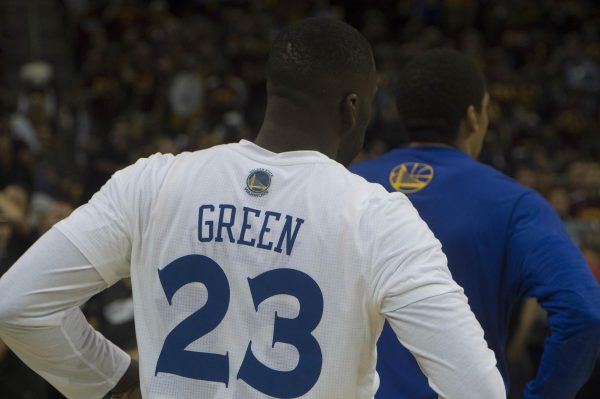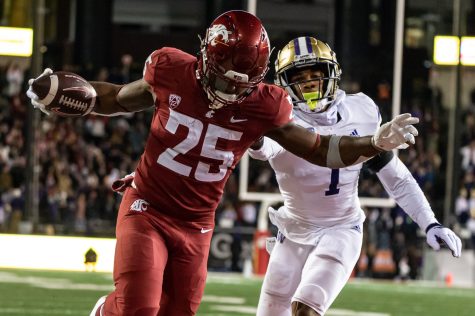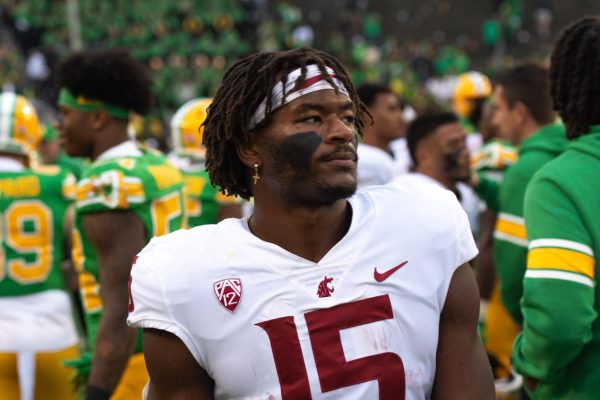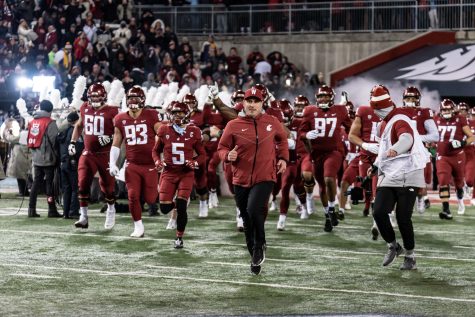U.S. – Cuban Relations: Moving Forward
January 13, 2015
While shopping for a Christmas gift last December, I happened to fall upon an article in the Wall Street Journal that had an extraordinary claim; President Obama has taken the first step with Raúl Castro in normalizing relations with Cuba. As I had dreams of Cuban cigars, and baseball players coming up to join us in the United States I also realized that we are a long way away from pleasantry.
First off, Congress needs to have their word before we can actually say that we are normalized. The first step has been taken to set the U.S. down a path of cooperation with Havana, but we certainly have a long way to go.
Senator Marco Rubio (R-FL) has been voicing his concern over the issue by stating that “appeasing the Castro brothers will only cause other tyrants from Caracas to Tehran to Pyongyang to see that they can take advantage (of the U.S.).” Former Florida governor Jeb Bush also pointed out that since “Cuba is a dictatorship with a disastrous human rights record,” we might want to be careful about rewarding characters such as Castro. Of course, Mr. Bush also stated that we should still foster efforts for a legitimate democracy within Cuba.
On his second point I must agree with Mr. Bush, but isn’t this also President Obama’s plan? He certainly doesn’t want to try to infiltrate the country like we attempted in the 1960s Bay of Pigs debacle. He simply wants to take action toward normalization, which is a long, slow process. Senator Patrick Leahy (D-VT) made the point that by freezing relations, our policies “have disserved the nation and have failed utterly and abysmally in achieving their original goals.”
What were our original goals in Cuba, might I ask? While we might have originally supported them in their war for independence against the Spanish in the 1800s, there have been more than a few bumps in the road.
While FDR was in office, Cuban president Ramón Grau nullified the Platt amendment in the U.S. declaration of war on Spain, which essentially made Cuba a U.S. protectorate. Later a supporting regime of the U.S. was overthrown by Fidel Castro and the rest has been history. While the United States may have at one time wanted Cuba to be a free independent state, our foreign policy really looked more like economic occupation.
It is ironic that, once Cuba achieved its status as a truly independent state from the U.S. by becoming communist, we no longer wanted to support them. Of course, then why would the U.S. ever support anything that directly conflicts with our interests? At the time communism was a big deal, with the Russians and all.
Whether you want to hold on to your old ideologies from the Cold War or not, it is a fact that the U.S. has the option to normalize relations for the first time in decades. By opening up relations, the United States will have the option to collaborate on shared interests with Cuba, and both accept and bestow influence on respective leadership.
While I am still yearning for the opportunity to get my hands on a real Cuban cigar, I’m going to have to sit in the saddle for a little bit longer while we figure this one out.




















